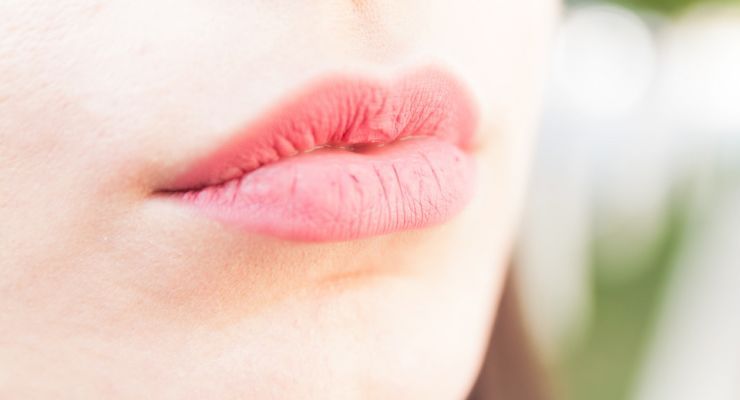I don’t know about you, but I’ve always had a love-hate relationship with winter that is usually firmly planted in the hate category. Yes, the snow is lovely, and spending the holidays with family is always a treat. However, once the new year rolls around and spring is just a few months away, I’m ready to say goodbye to grey skies, freezing temperatures, and the cracked and dry skin that is my constant wintertime companion. Unfortunately, winter is unavoidable, and so, too, is the struggle that I have in keeping my skin hydrated and healthy. Thankfully, there are ways to keep the dry skin at bay. Instead of turning to chemical-laden products that just cover up the issue, I’ve put together a few of my favorite, all-natural remedies that you can whip up at home.
Remember, it’s not just the cold weather and wind that can cause your skin to suffer. Indoor heating, chemical products, and lack of proper nutrients and water can all contribute to your wintertime skin woes. Before you try any of these remedies, be sure that you are drinking plenty of water, using natural, gentle soaps on your skin and face, and avoiding drying lip balms and lotions that just harm your skin even more. Start to improve your skin from the inside out by eating a whole-foods focused diet that includes plenty of fresh fruits and veggies and ditch processed ingredients and sugar.
Remedies for Chapped Skin and Lips
Olive oil
You likely already have this ingredient in your pantry, which makes it an incredibly convenient natural moisturizer. Olive oil is loaded with natural fats that replenish your skin and restore chapped, dry areas. Simply slather a thin layer over your entire body about 30 minutes before getting in the shower and then rinse off with warm water. You can also make an exfoliating lip scrub with brown sugar, olive oil, and honey. It’ll taste great and leave your lips smooth and supple.
Coconut oil
Ah, coconut oil. One of nature’s greatest treasures. Not only does coconut oil help moisturize your skin, but it also creates a protective barrier against wind, sun, cold, and other harsh environmental skin agitators. Plus, it has potent antibacterial and anti-inflammatory options that make it a great choice for dealing with fungal conditions and soothing irritated skin. Pure, unrefined coconut oil is so effective that it doesn’t need to be combined with any other ingredients. Simply apply it liberally to your skin and lips as needed. If using on your face, be sure to apply a thin layer and rinse lightly after use to ensure that it doesn’t clog your pores.
Honey
Though honey can be sticky and messy, its wonderful healing properties make it worth the extra effort. Combine it with any other moisturizing ingredient, an exfoliant such as coarse sea salt or sugar, and you have a multipurpose lip and face mask that replenishes dry and cracked skin. It can also be used by itself in particularly dry areas. Be sure to warm it up first to help it spread easier and rinse off with warm water to avoid residual stickiness.
Aloe vera
Not just useful for soothing sunburns and kitchen stove mishaps, pure aloe vera gel is an excellent tool for reducing the irritation from chapped skin and lips as well. Apply it liberally to the affected area and let it soak in for the optimal effect.
Avocado
Like olive oil and coconut oil, avocado works to reinvigorate your skin by delivering a crucial dose of natural fatty acids. Make an avocado and honey mask and apply it over your whole face, making sure to cover your lips. Let it sit for about 15 minutes and then rinse off with warm water.
Humidifier
Though not strictly a remedy, adding a humidifier to your bedroom may be the best thing you can do for your skin. Most winters are incredibly dry, and the heat in your home is even more drying. Invest in a humidifier to replenish moisture in the air and give your skin the hydration that it needs.
Adjust shower habits
As mentioned above, scalding showers may feel great once you come in from the frigid outdoors. However, such dramatic temperature fluctuation and the exposure to drying water can actually exacerbate your skin-care woes. Along with getting rid of drying soaps and other shower products, start to gradually lower the water temperature until you can withstand a lukewarm shower.
-Susan Patterson

